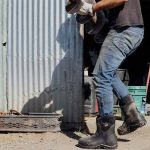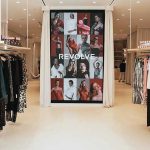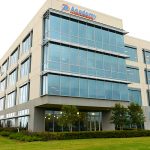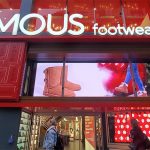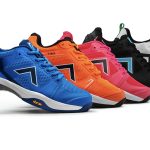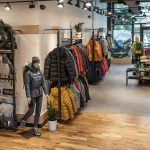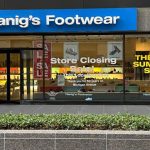After a very challenging 2016, US apparel and footwear industry operating profits are poised to improve over the next 12-18 months, but growth will be more sluggish than originally anticipated, Moody’s Investors Service said in a new report.
Most clothing and footwear companies are still feeling the pressure from a strong dollar and weak retail traffic, factors that will result in a soft first-half of 2017, when the majority of growth will be powered by Nike, Inc. Moody’s now forecasts industry operating profit growth to come in at 3 to 5 percent this year, rather than 5 percent to 7 percent.
“Our forecast for US apparel and footwear makers’ operating profits this year for the most part reflects easy comparisons with a difficult 2016,” said Moody’s Assistant Vice President, Mike Zuccaro. “Conditions will remain challenging in the first six months of this year, and will only really begin to improve in the second half. Growth will accelerate in the latter half of 2018, assuming the dollar remains near current levels and inventory levels are kept in check.”
“Without Nike, which accounts for almost half of Moody’s-rated US apparel and footwear industry operating profit, growth would be flat this year,” Zuccaro says. Companies continue to contend with choppy retail traffic, which has escalated promotional battles, while the cost of goods sold has been higher owing to the continued strength of the US dollar.
As prospects for expansion diminish in the mature US market, companies including Nike, Inc., PVH Corp., Levi Stauss & Co. and Under Armour, Inc. will continue to develop international growth opportunities, particularly in emerging markets where increasing prosperity is fueling purchases of branded apparel. However, smaller companies that rely on US retail customers, such as department stores, will remain challenged.
US apparel and footwear companies also continue to face higher costs for labor, as well as for inputs such as cotton. Since most companies have raised prices to help partially offset higher dollar-related costs, the ability to implement additional near-term increases will remain a challenge, particularly for moderately- or value-priced apparel and footwear.
Meanwhile, the rating agency expects companies to continue to pursue M&A opportunities as they look for new sources of growth. Hanesbrands was very active in this respect last year, for example, as was G-III Apparel, which expanded its portfolio of brands by acquiring Donna Karan.

